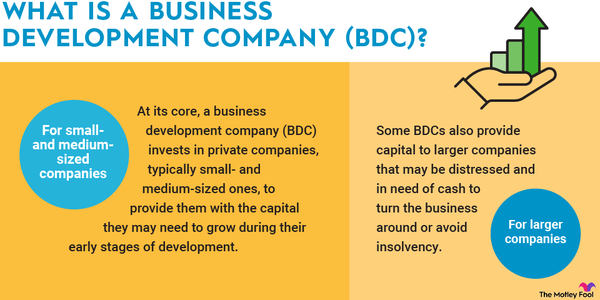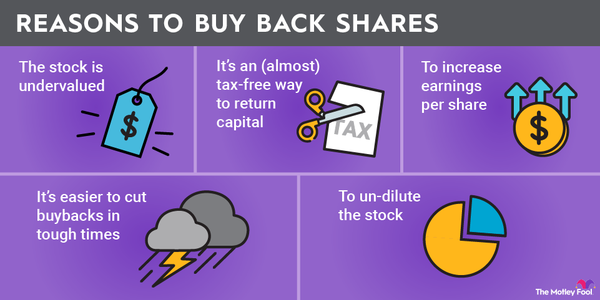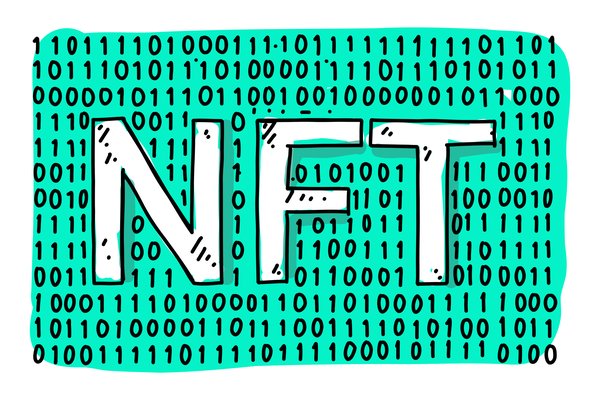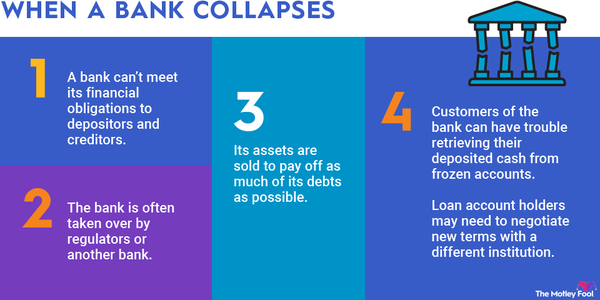If you work in government, you might think of the word "bureaucratic" as a slur. The word, which is the adjective form of a bureaucracy, refers to the sometimes slow process of getting things done at a large organization like a government, company, or other institution such as a university.
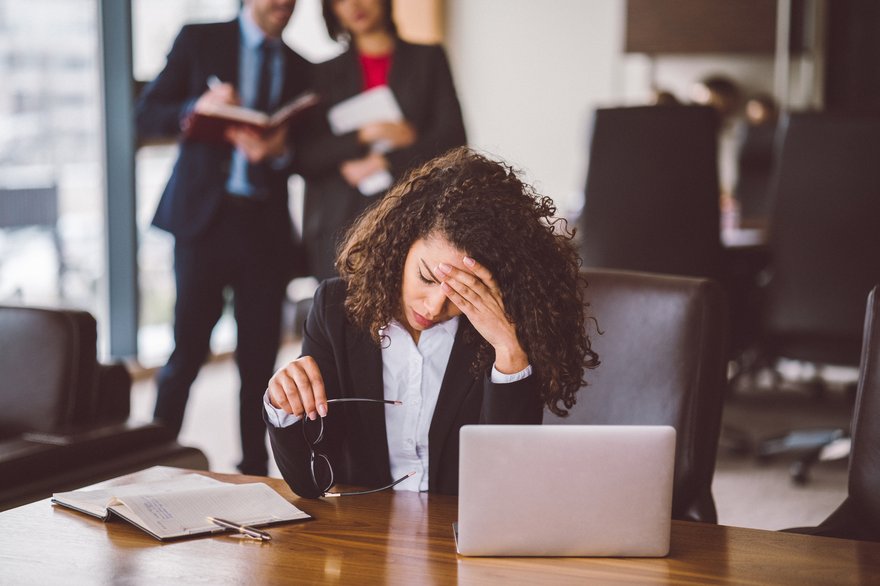
What is it?
What does "bureaucratic" mean, exactly?
The origin of the word bureaucratic comes from bureau, French for "desk" or "office" and "cracy" and "cratic," which comes from the Greek word meaning "rule" or "governing power." Taken literally, it means government or rule by the office or desk.
Given that the term is associated with a slow or inefficient process, the origin aptly describes the meaning since bureaucracies are associated with excess paperwork and a complex organizational structure that makes quick decision-making difficult.
How to identify
How do you identify a bureaucracy?
Some industries and parts of the government have a reputation for being bureaucratic, but if you're getting to know an industry, there are ways to assess the level of bureaucracy.
First, a bureaucracy tends to have several layers of management. These layers of management often slow down the decision-making process and ensure that all processes are signed off by the people in charge. While this makes a business more inefficient, it also prevents mistakes.
Along with the multilevel management structure, bureaucracies have a clear hierarchy, formalized rules, and standard operating procedures. Typically, bureaucracies are found in larger organizations, which rely on clearly defined structures to function.
Disadvantages
What are the disadvantages of a bureaucracy?
One of the disadvantages of a bureaucratic workplace is that it can incentivize office politics, meaning employees spend more time currying favor with superiors or trying to gain an edge with peers than they should.
Bureaucracies are also known for excessive paperwork, inflexibility to change, and inefficiency.
They tend to be found in institutions that are better protected from competitive market pressures, such as the government, universities, and oligopoly businesses like big banks and insurance companies.
Bureaucracies are also known for "red tape," meaning delays in certain processes, especially regarding submitting paperwork like applications for official documents or insurance claims.
Example
What's an example of a bureaucracy?
The Department of Motor Vehicles (DMV) is a popular example of a bureaucracy. The DMV follows strict procedures to ensure that only licensed drivers can get a license and that the driver's license is a valid piece of ID reflecting your name and identity.
The DMV often requires long waits for appointments, and even when you're at the office, you might face long wait times to speak to someone or submit your paperwork.
However, while the DMV is often the butt of jokes in popular culture, it does fulfill its purpose by helping people get driver's licenses and other needed identification.
Related investing topics
In business, Intel (INTC -3.36%) is known for having a bureaucratic culture. According to employees, the company has become mired in bureaucratic culture and siloing, meaning information doesn't get shared. The company is also known for internal politics since teams often compete with each other.
By contrast, Nvidia (NVDA 3.43%), the chip stock that has taken over the industry, has a flat management structure, helping it to avoid many of the problems plaguing Intel and other bureaucracies. For a company of its size, Nvidia has a relatively flat management structure, and CEO Jensen Huang has about 50 direct reports, helping to avoid the problems that bureaucracy can breed, including inefficiency, internal competition, and politics.
















